This Thanksgiving week, families will find themselves preparing food, cleaning the house, traveling to relatives, or finding room for relatives to visit. In the middle of all that, it can be difficult to find time to bond with the kids much less encourage them to exercise their brains. But fear not, because the week of Thanksgiving is also… National Game and Puzzle Week! And educational games can keep kids learning and laughing all at once.
From Sunday through Saturday, when families gather together out of school and work, this theme reminds people to spend time enjoying each other’s company—through games.
Impact of Educational Games
For years, scholars have studied the impact that educational games can have on cognitive abilities, social and emotional learning (SEL), and stress levels. One study concluded that because the fun of playing games is highly motivating, games “provide the potential for transformative learning through social interaction, social connectedness, cooperation and collaboration, and possess many of the features that encourage student well-being and resilience.”
Games have a proven ability to produce a creative spike. Not only is creativity fun, but it is a special life skill that can be useful in school and become essential in the workforce. Playing games with kids over holiday breaks may do more than help them behave for a few hours. It may also prepare them for a lifetime of success and encourage them to carry the tradition forward with their own kids someday.
In addition, games that require human interaction and collaboration help strengthen bonds. Any parent or teacher knows kids thrive on acceptance, and playing a game together is a great way to help them develop the skills they need to fit in with friends.
Which Educational Games are Best?
There are so many games that combine fun, socialization, and education. Try out some math games like the forever popular Cribbage. Develop organization and creativity skills with strategy games like Word Hangman and Qwirkle. With all these options, plus the option to create your own games using various supplies, or even games that require no materials at all, families can pick and adapt from fun experiences for whatever suits them best.
The most important thing is that these educational games should require more than one person to play. This week is about gathering together and collaborating in games. While many fantastic single-player options are available, try to find something that encourages the family to interact and that everyone can play.
If you’re looking to share the classic games you grew up with, start by warming up those muscles with some Twister, then move on to some careful planning practice with Uno or Jenga. If you can’t decide, check out some of our sets of traditional favorites.
Try some classic card games such as Old Maid, Go Fish, and Animal Rummy. These types of games function like traditional board games, but they focus on matching, pairing, and recognizing numbers.
Simple Game with Pen & Paper
Grab a pen and paper and write out a word, such as “BOOK.” Then take turns changing one letter at a time to make a new word:
“BOOM.”
“ROOM.”
See how far you can go!
Driving long-distance and don’t have space for a console, board, or even pen and paper? No problem! Play old road trip classics such as I Spy or 20 Questions and watch the boring car ride turn into a fun family event.
How Can Teachers Help?
Teachers, you can set the stage for your students to go home to family fun! Before the holidays begin, prepare kids with ideas for National Game and Puzzle week. Play educational games in the classroom and teach them about different titles they might share with their families. Remember, this week is all about playing together. Make teams, challenge opponents, and encourage healthy interaction.
Do you have any game traditions for the holidays?

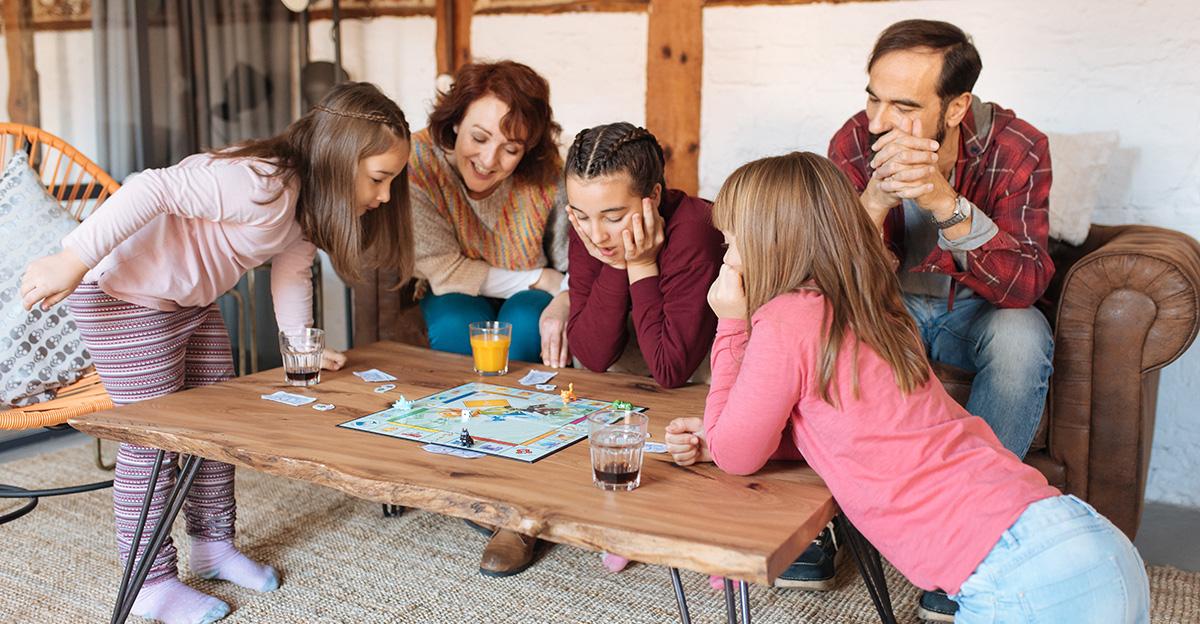
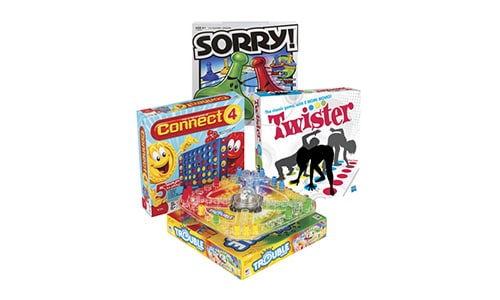
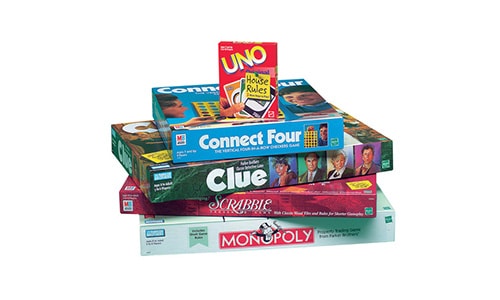
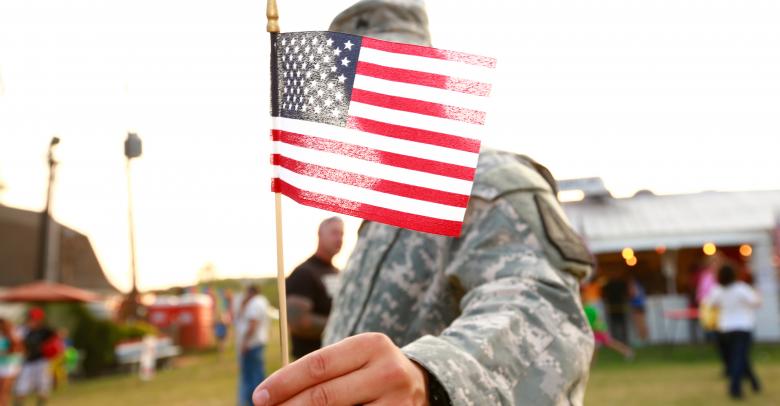

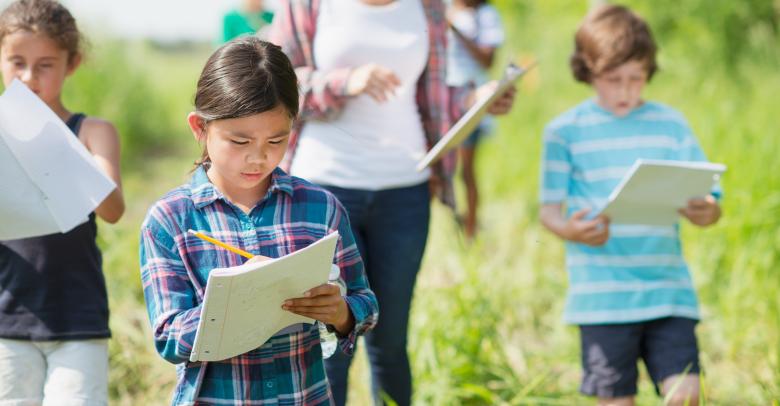

Leave a Reply